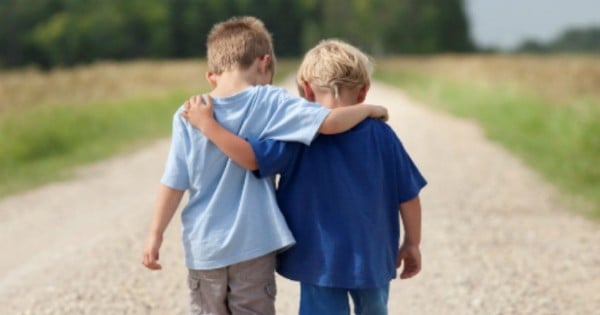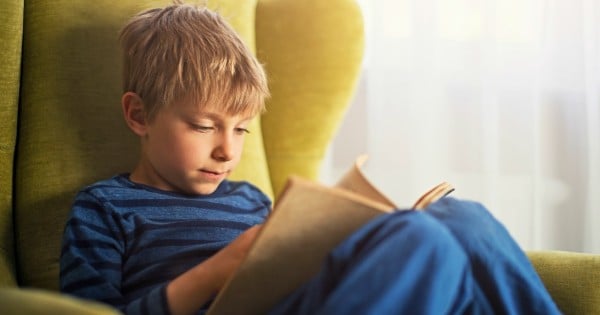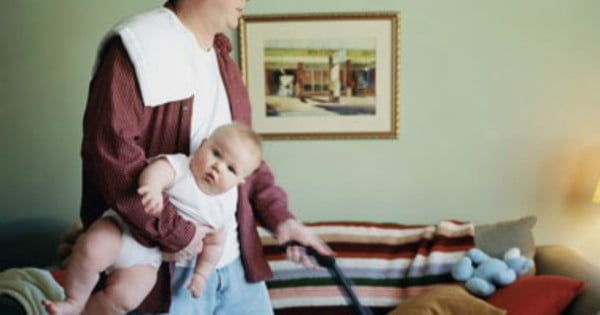
I feel sorry for men.
It’s an opinion I don’t normally put out there — as a writer, I normally focus on the many challenges faced by women — but it needs saying.
I feel sorry for men because they, like women, are subject to punishingly inflexible gender roles.
In the western world, at least, those roles require boys from a very young age to act “masculine” according to strict cultural rules that go something like this:
Be dominant.
Be tall, be competitive, virile and violent.
Be heterosexual, obsessed with sports, and unable to express feelings other than anger and excitement.
Be strong. Be stoic. Be sexually dominant. And for God’s sake, don’t cry.
The world we live in trains boys to “perform masculinity” in line with those strict definitions — dubbed the Act Like a Man Box by sexuality expert Charlie Glickman — well before they even know what gender means.
Sure, mothers and fathers and teachers don’t mean to do it, but from the moment boys take their first step in their tiny blue booties, they call boys things like “little man”.
As they grow, those boys’ role models give them fewer hugs and more fist-bumps than their female counterparts. When the boys get older, footy coaches teach them to “man up”. When those little boys mature into young men, careers counsellors and proud parents encourage them to aspire to be lawyers and footballers rather than writers or teachers.
In doing so, each person trains them just a little bit to step inside the Act Like a Man Box — and to never stray outside its safe, stoic, steadfastly macho borders.
The effects of enforcing such prescriptive gender roles on men are all too real.



Top Comments
So true. Gender roles/expectaions do nothing but harm all of us.
Feminists are worse!
Fantastic article. Shame you felt you had to almost apologise while also pointing out all the ways women have it tough. Can't we talk about mens issues without the qualification and (almost) apologetic tone. Thanks all the same. We all have men in our lives and the majority feel anything other than uber privileged in their lives.